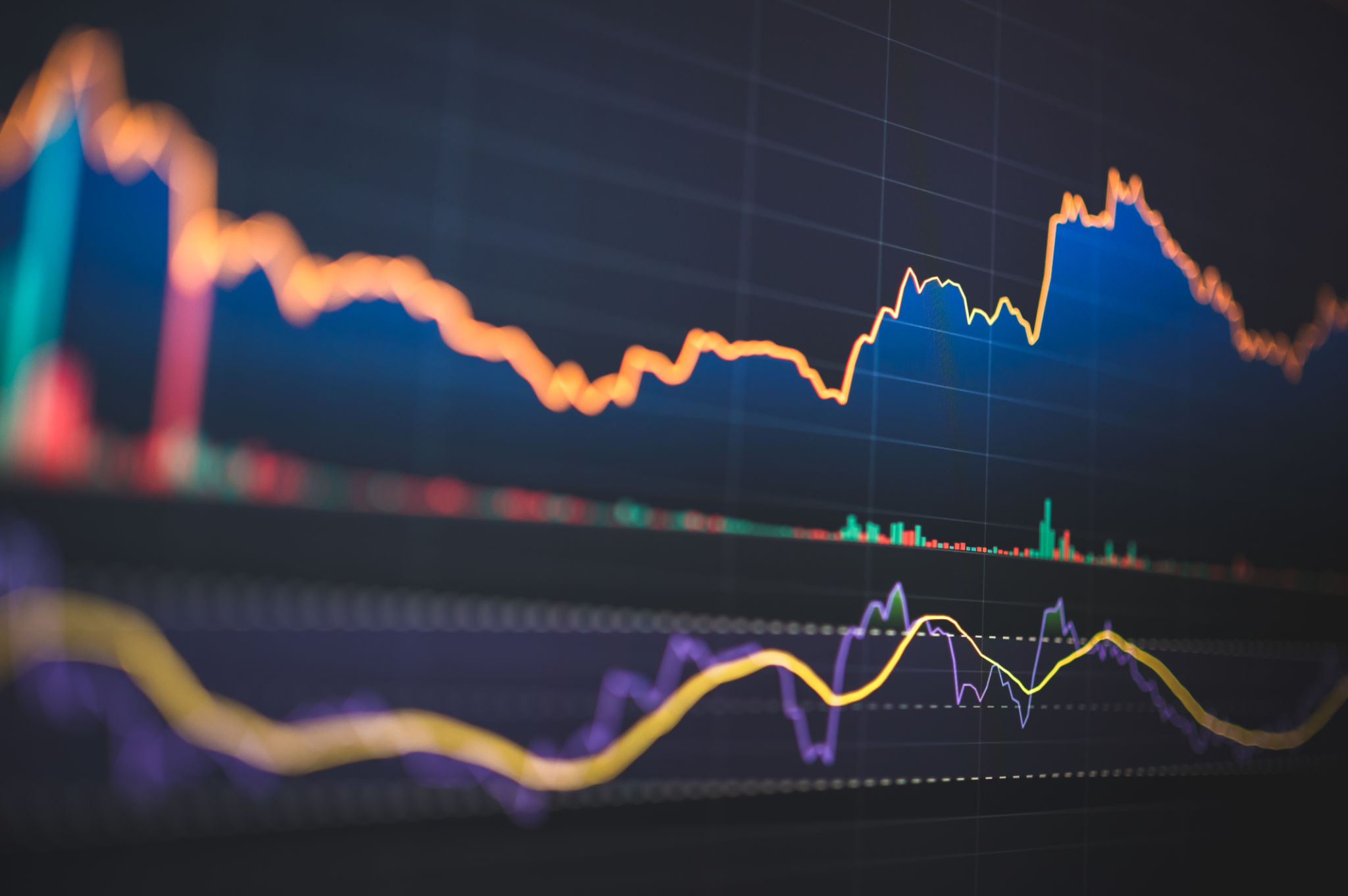Understanding the Value of Digital Assets: Navigating Trading Platforms in the UK
RT
In recent years, digital assets have become a crucial component of the financial landscape in the UK. With the advent of cryptocurrencies and blockchain technology, individuals and businesses alike are finding new opportunities and challenges. Understanding the value of these digital assets is essential for anyone looking to navigate trading platforms effectively.

What are Digital Assets?
Digital assets encompass a wide range of intangible assets that exist in digital form. These include cryptocurrencies like Bitcoin and Ethereum, as well as tokens, digital files, and other forms of digital media. The value of these assets often fluctuates significantly, influenced by market trends, technological advancements, and regulatory changes.
For investors, digital assets represent a new class of investment opportunities with potentially high returns but also substantial risks. They require a keen understanding of market dynamics and a strategic approach to trading.
The Rise of Trading Platforms in the UK
The UK has become a hub for digital asset trading, thanks in part to its robust financial infrastructure and regulatory environment. Trading platforms in the UK vary significantly in terms of offerings, user experience, and security measures. Choosing the right platform is critical for anyone looking to invest in digital assets.

When evaluating trading platforms, consider factors such as ease of use, transaction fees, available assets, and customer support. It's also important to assess the platform's security measures to protect your investments from cyber threats.
Navigating the Regulatory Landscape
The regulatory environment for digital assets in the UK is continually evolving. The Financial Conduct Authority (FCA) plays a significant role in overseeing the market to ensure transparency and protect consumers. Staying informed about regulatory updates is crucial for both traders and investors.
Platforms operating in the UK must adhere to strict guidelines to ensure compliance with anti-money laundering (AML) and know your customer (KYC) regulations. These measures are designed to prevent fraud and increase the overall security of the trading environment.

Strategies for Maximizing Returns
Investors should adopt a strategic approach when dealing with digital assets. Diversification is key; spreading investments across different types of assets can help mitigate risks. Additionally, keeping abreast of market trends and technological developments can provide an edge in making informed decisions.
Engaging with online communities and forums can also be beneficial. These platforms offer insights from experienced traders and can serve as a valuable resource for learning about market movements and emerging opportunities.
The Future of Digital Assets
The future of digital assets in the UK looks promising, with increasing adoption by both individuals and institutions. As technology continues to advance, we can expect to see further integration of digital assets into mainstream financial services.
For those willing to navigate the complexities of this dynamic market, digital assets offer exciting possibilities. By understanding their value and utilizing reliable trading platforms, investors can position themselves to capitalize on future growth opportunities.
